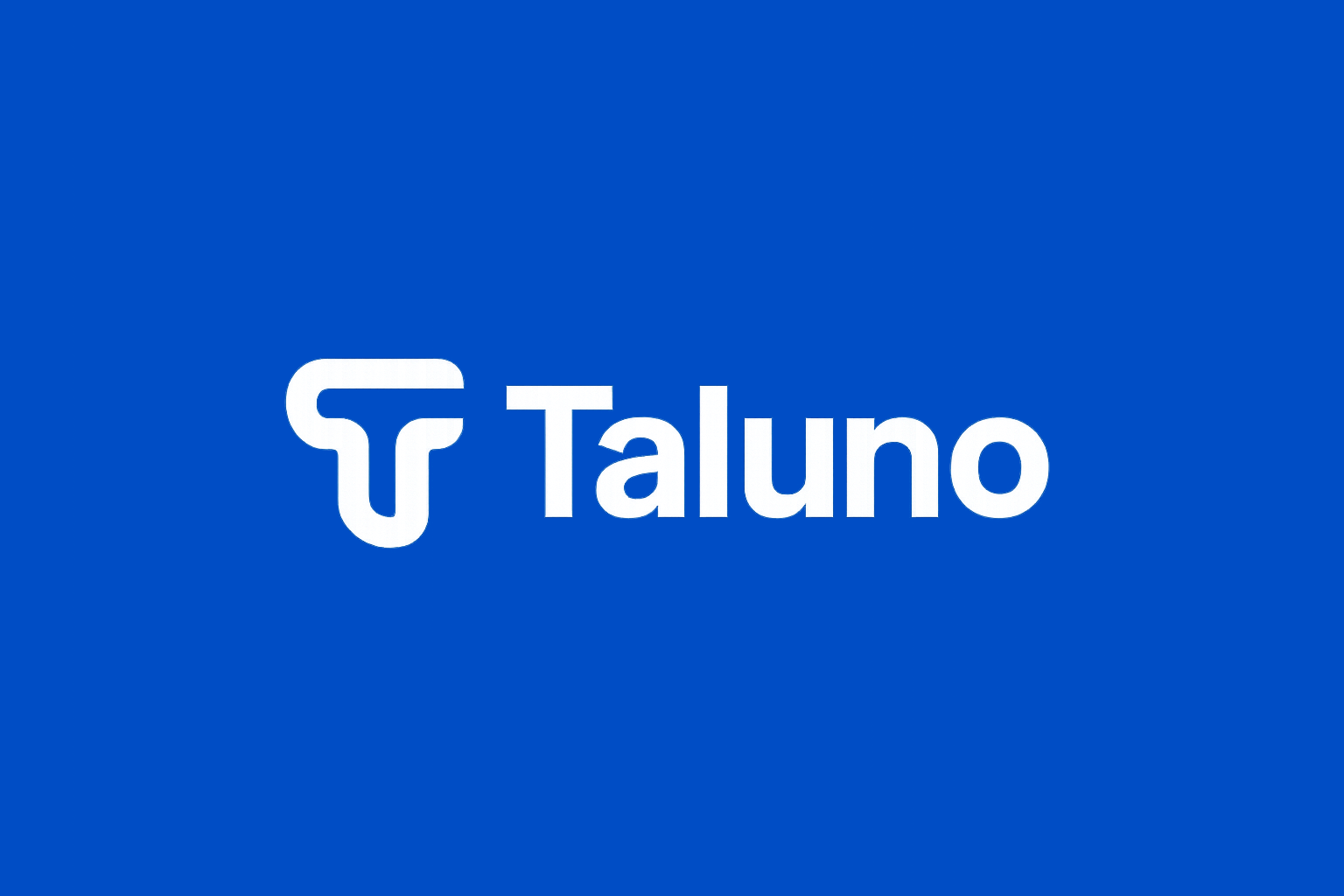
Unlocking Internal Mobility: A Win-Win Strategy for Career Growth and Employee Retention
By Urey Mutuale
How Companies Can Harness Internal Talent and Job Seekers Can Navigate Upward Moves
Discover how internal mobility boosts engagement, cuts hiring costs, and empowers employees to chart fulfilling career paths within organizations.
Unlocking Internal Mobility: A Win-Win Strategy for Career Growth and Employee Retention
In today’s competitive job market, organizations that invest in their existing talent stand out from the crowd. Internal mobility—promoting employees into new roles or departments—delivers measurable benefits for both employers and job seekers. In this comprehensive guide, we’ll explore why internal mobility matters, outline best practices for rolling it out, and share practical tips to help career-minded professionals leverage opportunities within their companies.
1. Understanding Internal Mobility
1.1 What Is Internal Mobility?
Internal mobility is the process of moving employees into different roles, projects, or departments within the same organization. These moves can be vertical (promotions), lateral (new roles at similar levels), or cross-functional (rotations to gain new skills).
1.2 Why It Matters
- Retention Boost: Employees feel valued when they see clear career paths.
- Cost Savings: Filling roles internally can be 30% cheaper than external hires (LinkedIn).
- Faster Onboarding: Internal candidates already know company culture and processes.
- Stronger Culture: Encourages collaboration and shared growth.
2. Employer Benefits of Internal Mobility
2.1 Reduced Recruitment Costs
Traditional hiring involves sourcing, screening, and onboarding external candidates—often a lengthy, expensive process. Internal hires skip many early stages, saving time and budget.
2.2 Increased Employee Engagement
Career development is a top driver of engagement. When employees see a clear path forward, they’re more motivated and productive.
2.3 Talent Agility
Internal mobility helps organizations pivot quickly. Need a digital marketer for a new project? Upskill an existing team member rather than waiting weeks for an external recruit.
3. Job Seeker Advantages of Internal Mobility
3.1 Accelerated Career Growth
High-performing employees often wait years for promotions. Internal mobility programs can fast-track this timeline through structured rotations and mentorship.
3.2 Skill Diversification
Moving across departments equips you with a broader skill set and makes your resume stand out for future roles—both inside and outside your company.
3.3 Stronger Professional Network
Lateral moves introduce you to new teams and leaders, expanding your network and opening doors to future opportunities.
4. Implementing an Internal Mobility Program: Best Practices
4.1 Map Clear Career Paths
Define job families and competencies. Use visual career ladders or matrices so employees understand what skills and experiences they need to advance.
4.2 Launch an Internal Job Board
Create a dedicated portal—such as taluno.app/jobs—where open roles are posted exclusively for current employees. Encourage managers to share opportunities and invite internal applications.
4.3 Invest in Learning and Development
Offer training, certifications, and stretch assignments. Partner with learning platforms or host internal workshops to upskill your workforce for future roles.
4.4 Foster a Mentorship Culture
Pair aspiring candidates with experienced mentors. Regular check-ins ensure employees receive guidance, feedback, and support through career transitions.
4.5 Track Mobility Metrics
Measure internal hire rates, time-to-fill, retention of internally placed employees, and satisfaction scores. Use analytics to identify bottlenecks and refine the program.
5. Overcoming Common Challenges
5.1 Manager Resistance
Some managers worry about losing top performers. Address concerns by highlighting how mobility develops bench strength and fosters loyalty across teams.
5.2 Skill Gaps
Not every employee has the exact skill set for every role. Mitigate gaps with targeted training, stretch projects, and temporary job sharing to build necessary competencies.
5.3 Communication Hurdles
Transparent communication is key. Use town halls, newsletters, and your internal portal to update teams on open roles and mobility successes.
6. Success Stories: Real-World Examples
TechCo: After launching an internal talent marketplace, TechCo saw a 40% increase in internal hires and cut average time-to-fill by two weeks. Employees reported higher satisfaction and engagement scores.
RetailCorp: A mentorship-driven mobility program reduced frontline turnover by 25%. Store associates moved into corporate marketing and operations roles, fueling cross-functional innovation.
7. Practical Tips for Career-Minded Employees
- Update Your Taluno Profile: Add current skills, certifications, and career aspirations at taluno.app.
- Network Proactively: Attend internal events, join interest groups, and connect with leaders on LinkedIn or via Taluno’s LinkedIn.
- Express Interest: Let your manager and HR know you’re open to new challenges.
- Tailor Your Application: For each internal role, highlight transferable achievements and how you’ve contributed to company goals.
- Seek Feedback: After interviews, ask for constructive feedback to sharpen your candidacy.
Conclusion
Internal mobility isn’t just a buzzword—it’s a strategic lever that drives engagement, retention, and business agility. By investing in clear career paths, robust training, and open communication, employers build stronger cultures and reduce hiring costs. Meanwhile, ambitious employees gain opportunities to grow, diversify skills, and advance their careers without leaving the company. Ready to unlock the full potential of internal mobility? Start today by creating or updating your profile on Taluno, explore open roles, or post your next internal opportunity at taluno.app/organizations. Let’s grow together! 🚀
Questions? Reach out at [email protected].
Popular posts :
-

-

-
 Navigating Multi-Generational Workforces: Strategies for Collaboration and Innovation
Navigating Multi-Generational Workforces: Strategies for Collaboration and Innovation
10 October 2025 15:01 -
